The 10 MW core of MURR contributes to the global supply of radioisotopes for medical radiopharmaceuticals and research. (Photo: MURR)
The University of Missouri Research Reactor (MURR) is the latest member of Nuclear Medicine Europe, an industry association for the radiopharmaceutical and molecular imaging industry in Europe, the University of Missouri announced July 17.
From left, Framatome’s CEO Bernard Fontana shakes hands with Slovenské Elektrárne’s CEO Branislav Strýček following the signing of an MOU. Also pictured is first vice chairman of Slovenské Elektrárne’s board of directors, Michele Bologna.
Slovakia’s Slovenské Elektrárne—operator of the nation’s two nuclear power plants, Bohunice and Mochovce—and France’s Framatome have signed a memorandum of understanding for the development of a global strategic relationship, the companies announced last week.
The IAEA is helping expand the use of nuclear medicine to control cancer in developing nations. (Photo: P.Pavlicek/IAEA)
With funding from the Islamic Development Bank (IsDB), the International Atomic Energy Agency is working to help developing countries scale up their cancer care capacities in radiotherapy, the agency said. A multilateral development bank, IsDB works to improve lives by promoting social and economic development in 57 member states and Muslim communities around the world.
G. Robert Keepin, of Los Alamos Scientific Laboratory, author of a three-part feature on the IAEA published in Nuclear News in January, February, and March of 1966; the cover of the January 1966 issue, featuring the IAEA’s first headquarters in the Grand Hotel of Vienna, Austria; and a February 1966 IAEA photo of remote handling of radioisotope standard sources at the Seibersdorf laboratory.
A groundbreaking ceremony held last week at the International Atomic Energy Agency’s laboratories in Seibersdorf, Austria, marked the start of construction on a nuclear applications building that will host three state-of-the-art laboratories: Plant Breeding and Genetics, Terrestrial Environment and Radiochemistry, and Nuclear Science and Instrumentation.It was a significant achievement for the second phase of the Renovation of the Nuclear Applications Laboratories initiative, known as ReNuAL2—and a fitting way to observe the 60th anniversary of the nuclear applications laboratories at Seibersdorf, about an hour’s drive south the IAEA’s headquarters in Vienna. For Nuclear Newswire, it was all the reason we needed to dig into the Nuclear News archives and explore the bygone days of research at the IAEA.
An aerial view of the Facility for Rare Isotope Beams on the Michigan State University campus in East Lansing, Mich. (Photo: FRIB)
Michigan State University’s Facility for Rare Isotope Beams (FRIB) officially opened yesterday with a ribbon-cutting ceremony attended by Energy Secretary Jennifer Granholm, elected officials, and guests who had supported the project during its planning and construction, including ANS Executive Director/Chief Executive Officer Craig Piercy. They were there to celebrate the completion—on time and within budget—of the world’s most powerful heavy-ion accelerator and the first accelerator-based Department of Energy Office of Science user facility located on a university campus.
The cover of the August 1969 issue of Nuclear News (left), an image of Brunhilde, the dog that had the first nuclear-powered pacemaker in the U.S. (center) and the cover of the December 1970 Nuclear News (right).
In this first installment of a #ThrowbackThursday post, Nuclear News provides a review of radioisotope-powered pacemakers in response to an article in The Wall Street Journal. The article, published earlier this week, looks at the issue of disposing of nuclear-powered pacemakers, although considering how few are still in use today, it seems like this is really much ado about nothing.
LLNL and Penn State researchers developed a new approach to study and purify medical isotopes, including actinium. (Image: Thomas Reason/LLNL)
Scientists at Lawrence Livermore National Laboratory and Pennsylvania State University have demonstrated that a natural protein found bonded to rare earth elements can be recovered and used as a tool to purify and effectively manage radioactive metals that show promise for cancer therapy and the detection of illicit nuclear activities.
Illustration of a normal human heart showing ventricles and valves. (Image: Patrick J. Lynch, medical illustrator; C. Carl Jaffe, M.D., cardiologist)
Therapeutic radiation is typically reserved for cancer treatment, but scientists at Washington University School of Medicine in St. Louis have applied radiation therapy to treat ventricular tachycardia, a life-threatening heart arrhythmia. A news release issued by the university says that the results of the study show that radiation therapy can “reprogram” heart muscle cells to “a younger and perhaps healthier state.” The findings were published in the journal Nature Communications on September 24.
A rendering of the SHINE medical isotope production facility planned for construction in Veendam, the Netherlands. (Image: Shine)
SHINE Medical Technologies plans to locate its European medical isotope production facility in the Netherlands after a yearlong search and a review of more than 50 proposals from sites across Europe. The company announced on May 20 that construction at the site should begin in 2023 with commercial production starting in late 2025.
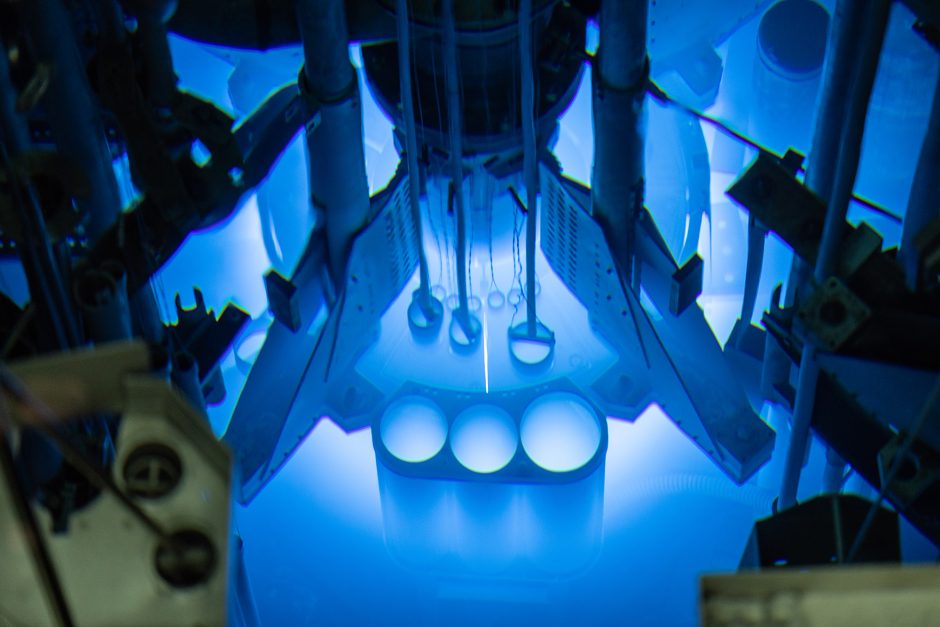



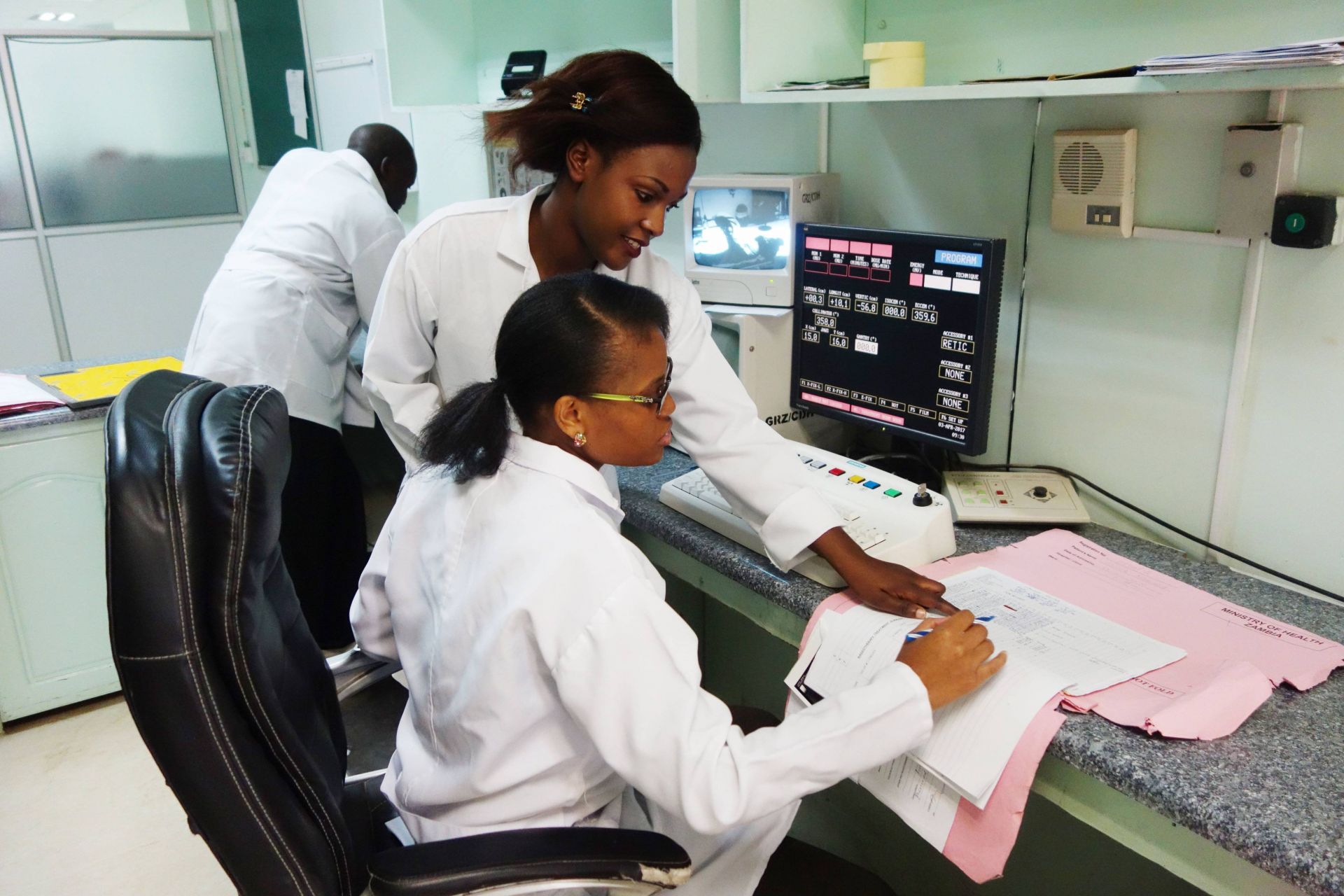
 After more than a decade of global efforts led by the Department of Energy’s National Nuclear Security Administration, all four major medical producers of the radioisotope molybdenum-99 for the U.S. market are now using low-enriched uranium (LEU) in their production processes instead of high-enriched uranium (HEU), the latter of which presents risks of nuclear weapons proliferation.
After more than a decade of global efforts led by the Department of Energy’s National Nuclear Security Administration, all four major medical producers of the radioisotope molybdenum-99 for the U.S. market are now using low-enriched uranium (LEU) in their production processes instead of high-enriched uranium (HEU), the latter of which presents risks of nuclear weapons proliferation. One of the biggest challenges in the nuclear community identified by ANS in 2017 is the continuous availability of radioisotopes. Working to meet that challenge is the ANS-led Source Security Working Group (SSWG), an alliance of industry sectors—including energy, health care, and industrial radiography—that seeks to ensure continued access to radiological sources. The SSWG serves as a strong voice to protect the continued availability of radiological sources, ensuring that laws and policies are risk informed, science based, and support the highest levels of public health and safety.
One of the biggest challenges in the nuclear community identified by ANS in 2017 is the continuous availability of radioisotopes. Working to meet that challenge is the ANS-led Source Security Working Group (SSWG), an alliance of industry sectors—including energy, health care, and industrial radiography—that seeks to ensure continued access to radiological sources. The SSWG serves as a strong voice to protect the continued availability of radiological sources, ensuring that laws and policies are risk informed, science based, and support the highest levels of public health and safety. 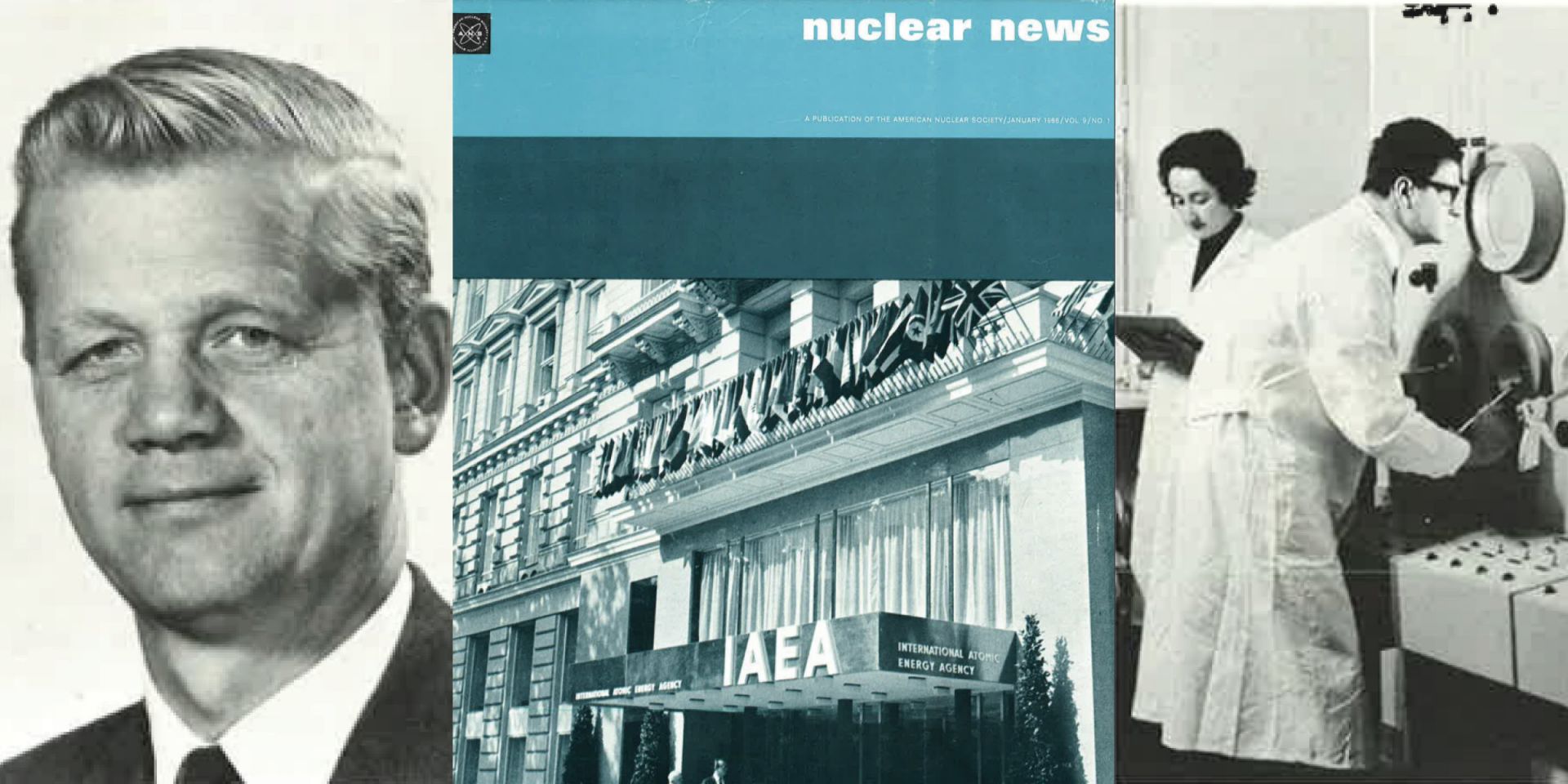
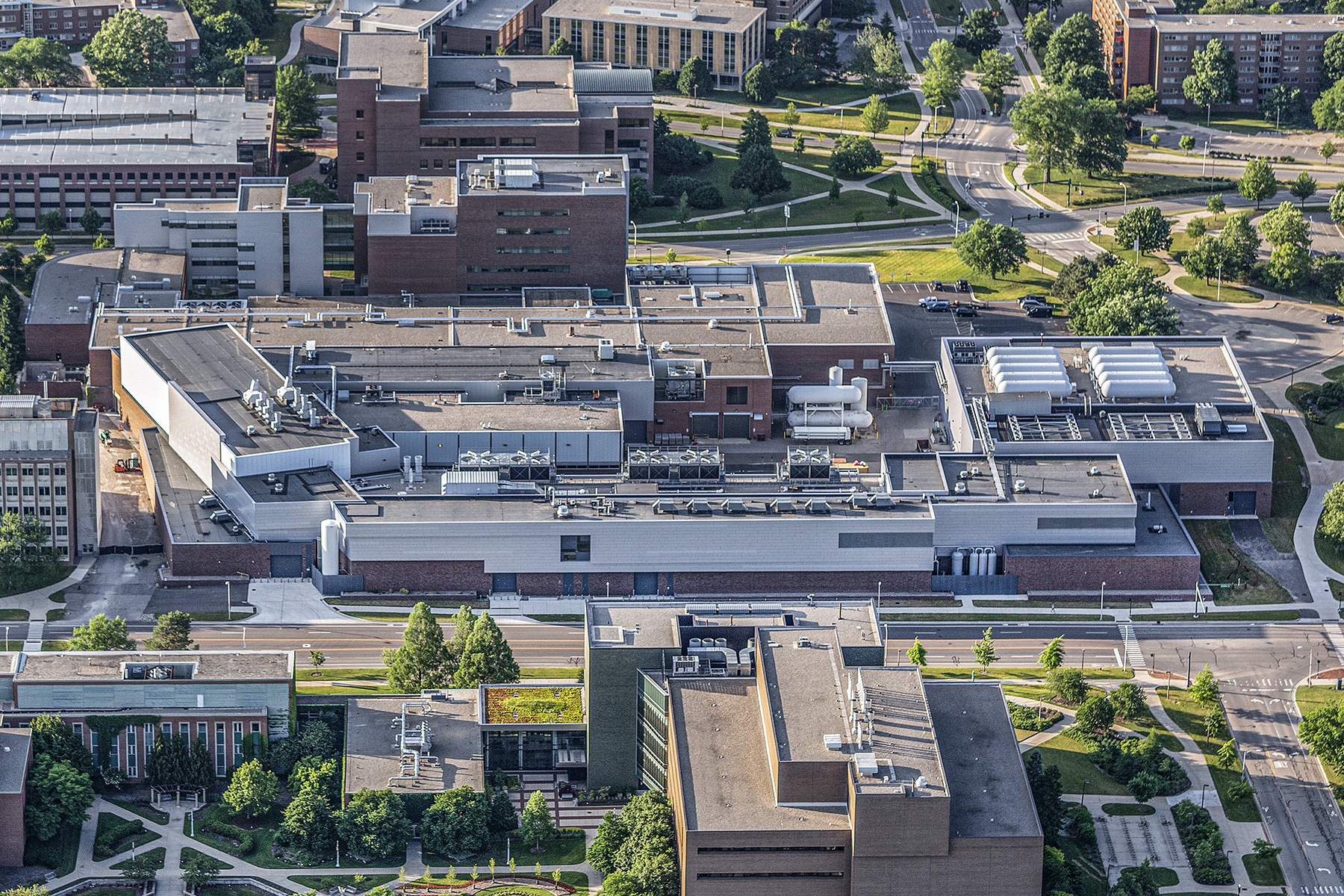
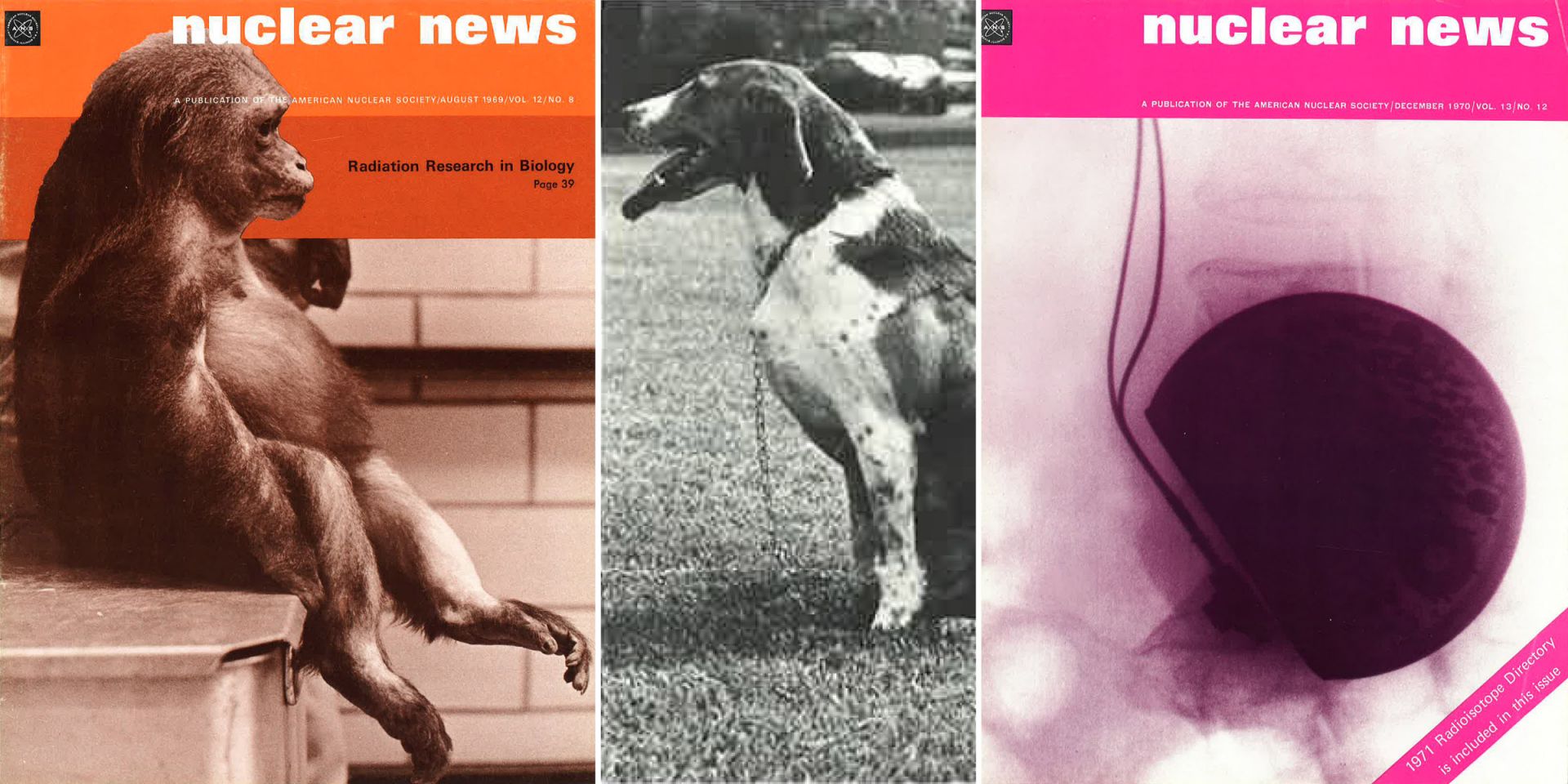
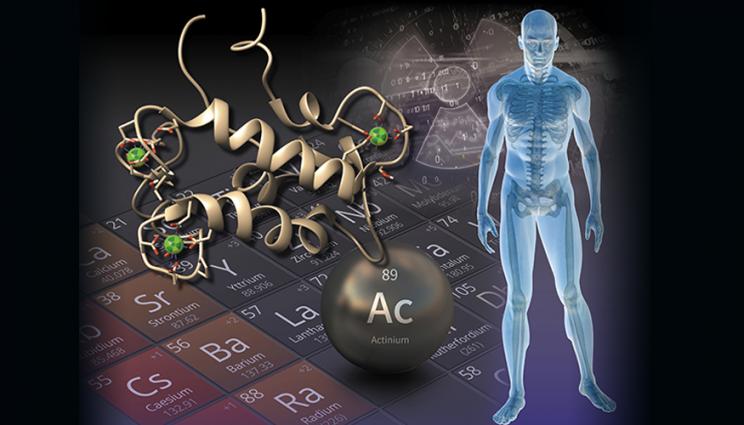
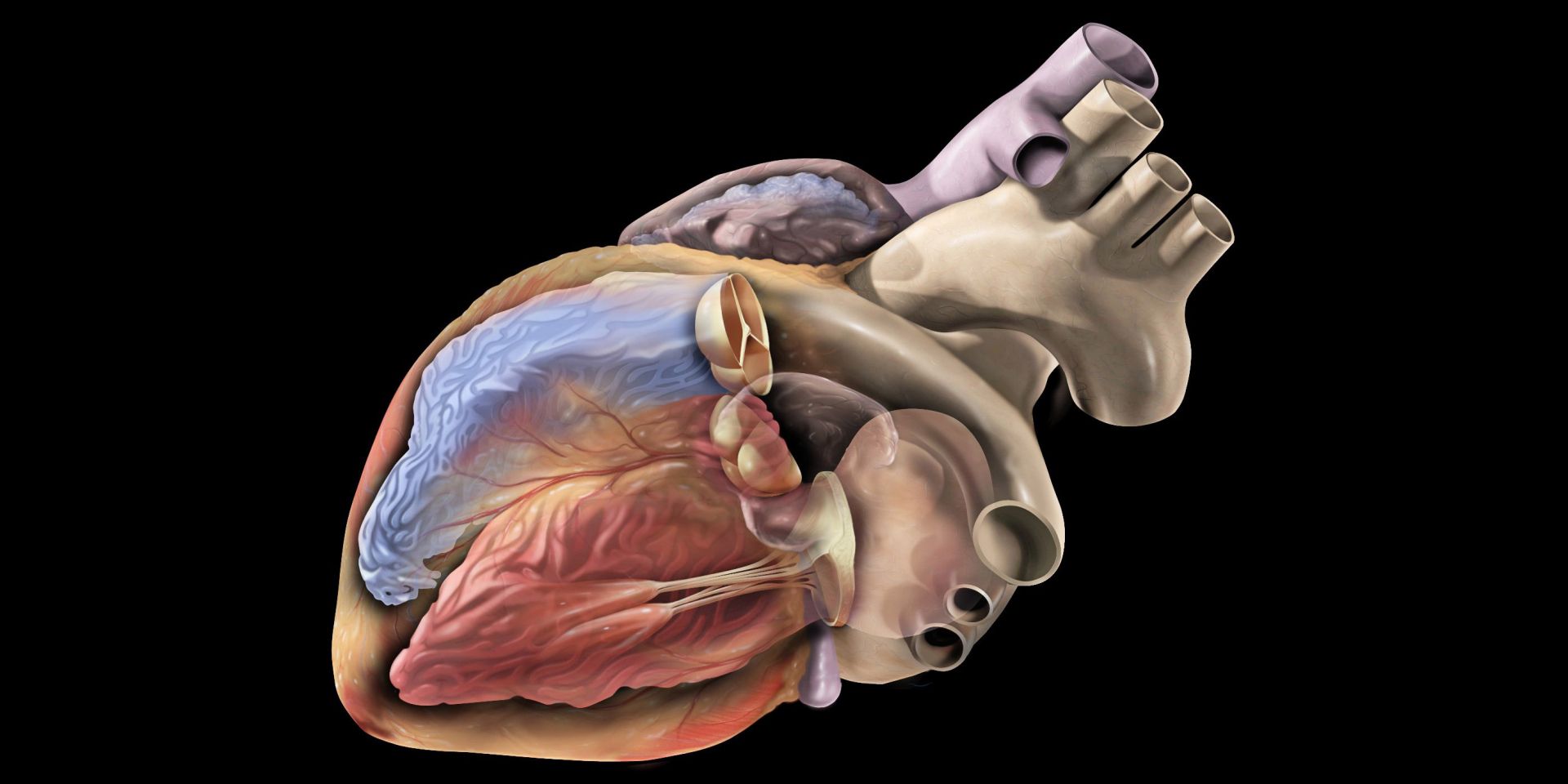
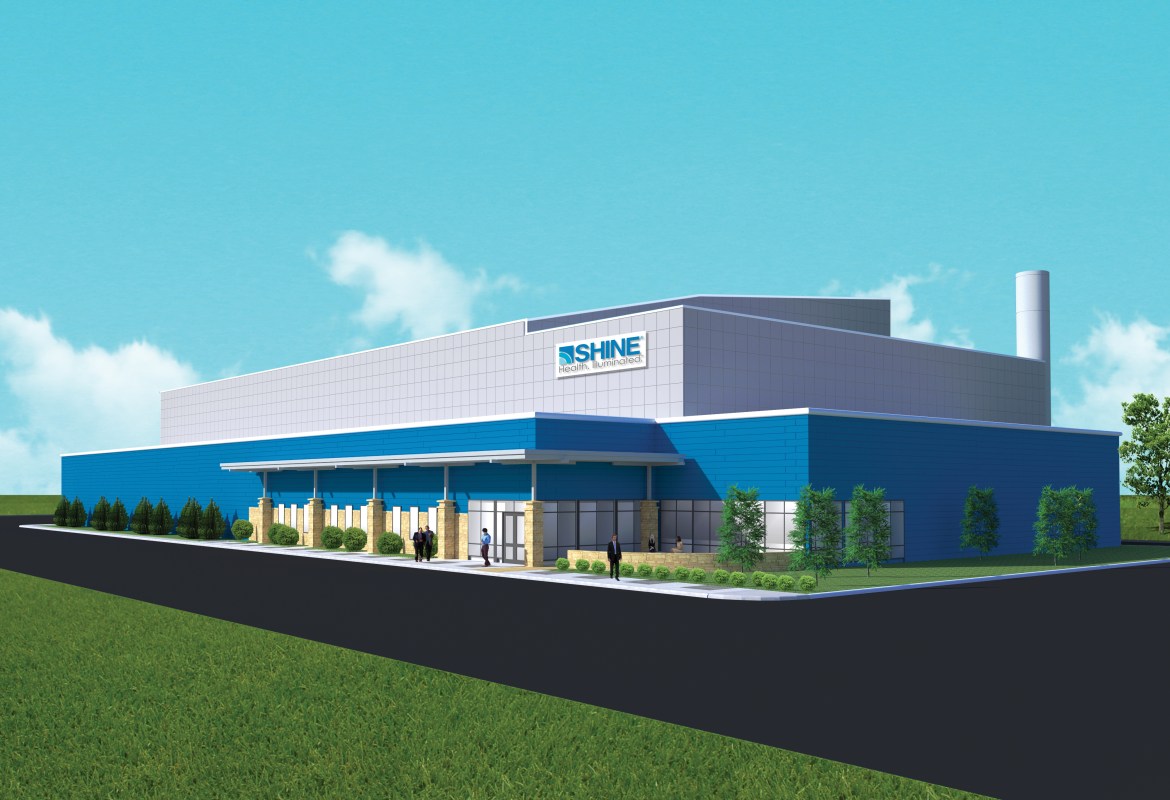
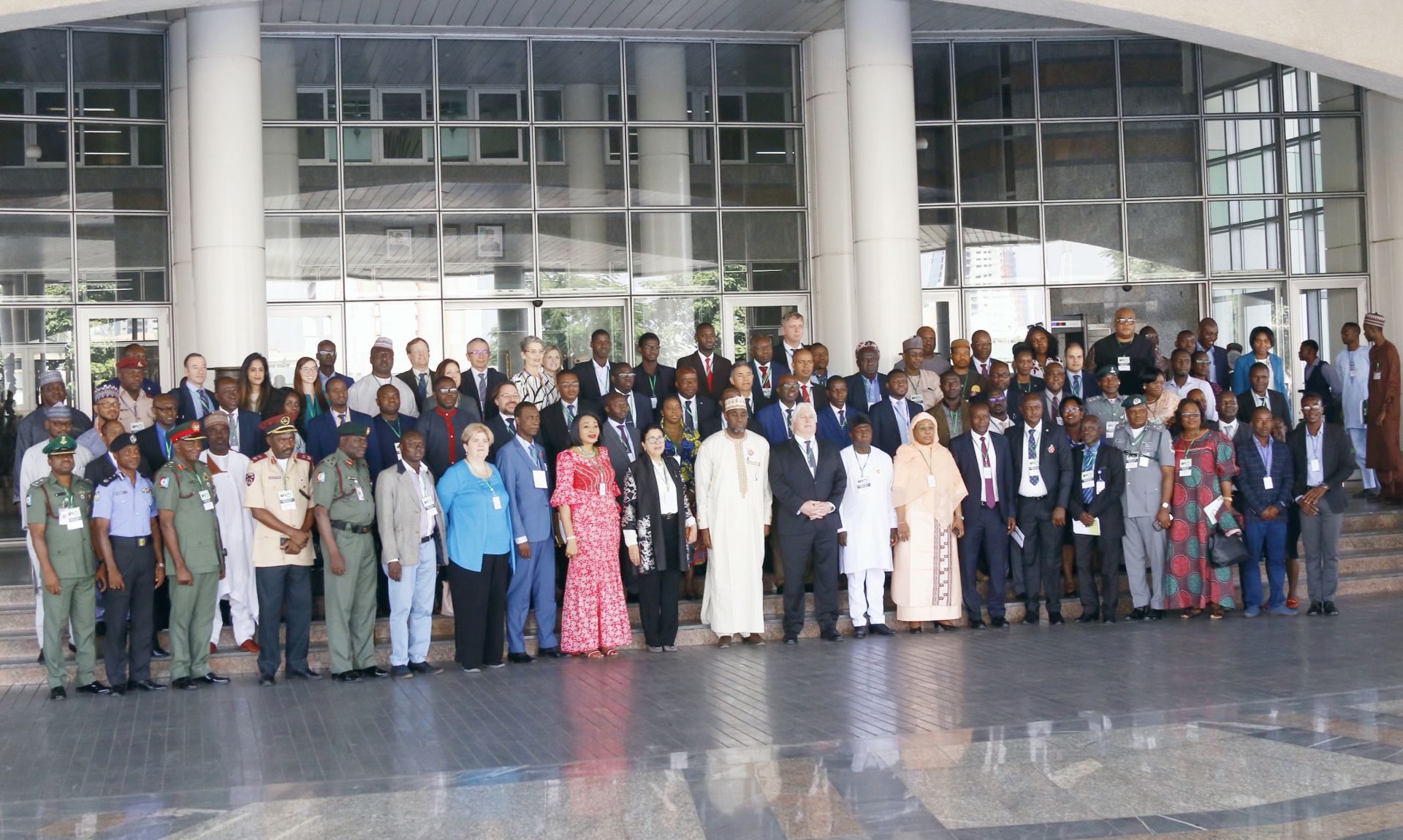
 As a cancer researcher, I am constantly reminded of the horrific impact that breast cancer has on women and their families. This past week I received notification from my boss informing me and others that a work colleague's daughter had recently passed away from breast cancer at the age of 40-certainly this reminder was much closer to home than usual. It is difficult to imagine the pain and suffering my colleague and his wife are now experiencing, adding to what I am sure was a nerve-racking and exhausting period of consultations for the family and treatments for his daughter.
As a cancer researcher, I am constantly reminded of the horrific impact that breast cancer has on women and their families. This past week I received notification from my boss informing me and others that a work colleague's daughter had recently passed away from breast cancer at the age of 40-certainly this reminder was much closer to home than usual. It is difficult to imagine the pain and suffering my colleague and his wife are now experiencing, adding to what I am sure was a nerve-racking and exhausting period of consultations for the family and treatments for his daughter.